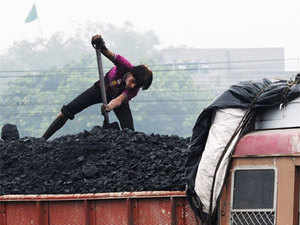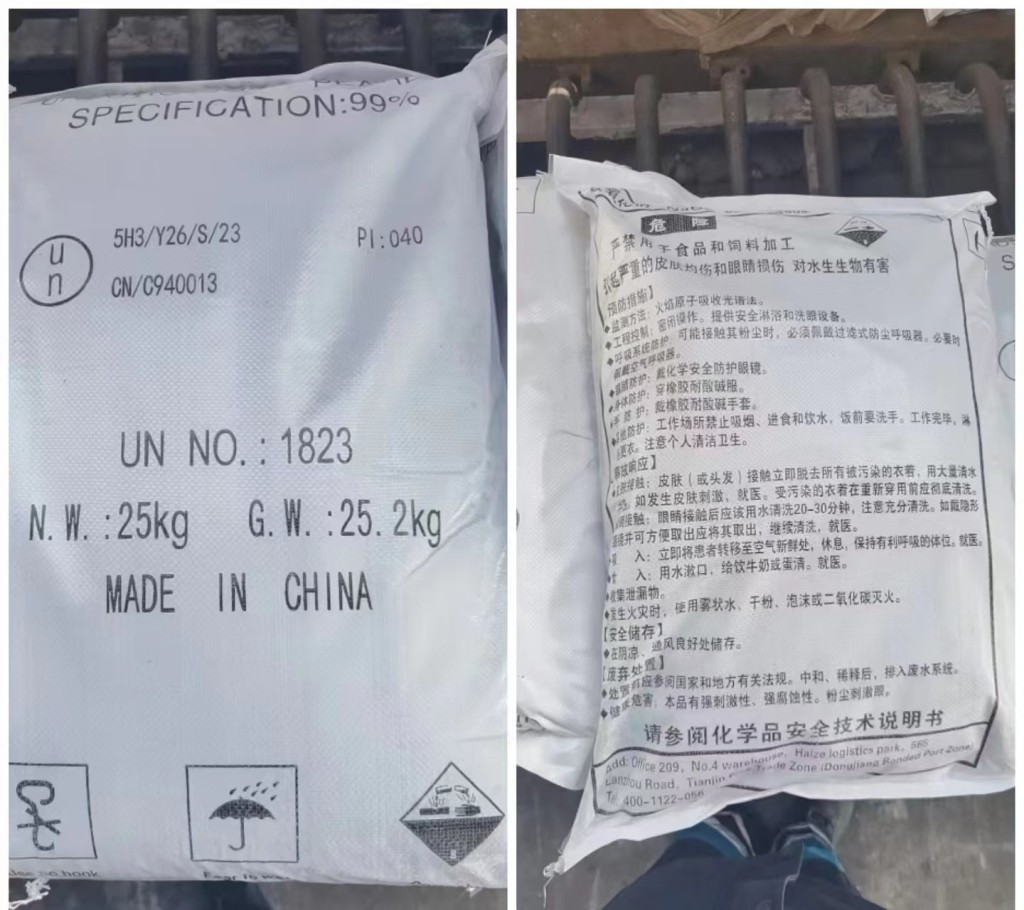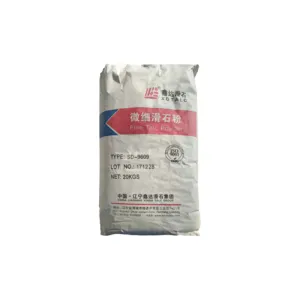Environment ministry decides to give one-time exemption from public hearing for coal mines’ expansion projects

NEW DELHI : The environment ministry has decided to give a one-time exemption from public hearing for coal mines’ expansion projects and allow mining in the critically polluted cluster of Chandrapur, Maharashtra, to boost coal output amid reports of looming power crisis due to coal shortages.
These measures are being taken to “quickly ramp up coal production for enhancing power production in public interest”, the ministry said.
It has decided to give a one-time exemption from holding public hearing for expansion plans of existing coal mining projects that have a production capacity of more than 20 million tonnes per annum.
The maximum production limit for such expansion is 6 million tonnes per year. Also, projects using this provision must ensure that the additional production is transported by a conveyor or through rail transport.
The environment ministry has also decided to lift a moratorium on expansion of existing coal mining projects in Chandrapur in the poll-bound state of Maharashtra.
The ministry imposes moratorium on industrial clusters with high comprehensive environmental pollution index (CEPI), based on reviews conducted by the Central Pollution Control Board.
This index, designed as an early warning tool, captures the various health dimensions of environment including air, water, and land. The higher the score, the higher the priority for intervention.
Chandrapur is listed as a “critically polluted area” that is higher up in the priority list for interventions to address environmental pollution.
The coal ministry has been consistently opposed to the CEPI-based moratorium as many of its coalfields fall in industrial clusters found to be critically polluted. The coal ministry had represented to the environment ministry that given the importance of augmenting coal production, which is a site-specific activity, coal mining projects be allowed in Chandrapur.
The environment ministry, in its decision to keep the moratorium in ‘temporary abeyance’, said that the air and water indices in the cluster are ‘severe’ and that for land is ‘critical’.
The major sources of surface and ground water pollution “in order of potential pollution as conveyed by the CPCB are: paper industries clubbed with caustic soda plants, untreated domestic effluents from Chandrapur and Ballarpur towns, some chemical industries, coals mines and accidental discharges, if any,” it said.
The ministry’s assessment is that coal mining activities do not ‘seem’ to be the major contributor to the pollution load in the area. Therefore, the ministry has decided to consider all proposals for expansion of coal mines in the area, as long as it doesn’t involve additional mine lease area and there is no change in the mining method.
These projects will have to adhere to additional conditions included in the action plan to address the high levels of pollution.
Recommended Suppliers
 June 3, 2024
June 3, 2024  June 3, 2024
June 3, 2024  June 17, 2024
June 17, 2024  June 18, 2024
June 18, 2024  June 18, 2024
June 18, 2024 














